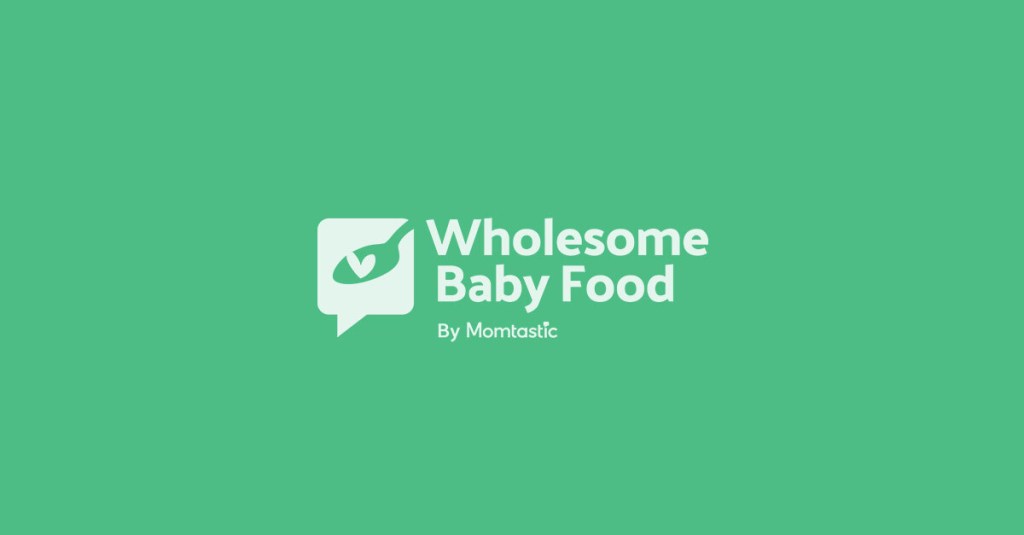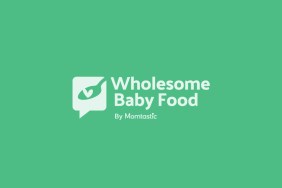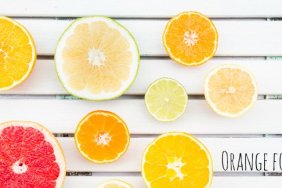Is canning homemade baby food safe?
Is it possible to can baby food, using a pressure or water bath canning method?
As growing seasons begin to come to a close and the home garden harvest is almost finished, many parents wonder what the process would be for canning homemade baby food. What, if any, advantages canning baby food would have over the “traditional” freezer/ice cube tray method of storing homemade baby food. Home canning of baby foods is not recommended.
Why not can homemade baby food?
Home Canned Foods Have a Higher Risk of Botulism – With infant botulism being a high risk, indeed botulism is a high risk with any home canned foods, I would not recommend canning any foods that you will serve to your baby. Botulism spores thrive in anaerobic conditions such as those found in home canned foods. Many people are not aware that certain bacteria and other harmful “contaminants” prefer low acidity and do not need air to thrive and grow; they grow best anaerobically. To avoid the risk of your baby contracting botulism, do not home can baby foods.
Kansas State University notes that “Garden produce may contain soil borne C. botulinum spores at the time of harvest. These spores are inactive. Spores can become vegetative and produce deadly toxins under the right conditions. Those conditions of high moisture, no oxygen, low-acidity (pH over 4.6), and room temperature may be present in improperly canned green beans, corn, peas or other low-acid products. Low-acid foods require high temperature processing using a pressure canner if they are to be canned and safe to eat. Pressure canning is necessary to achieve a high enough temperature to destroy heat resistant spores before they can become vegetative. (Refer to Extension publication Preserving Vegetables, MF-1181, for more information on home canning of vegetables).”
Canned Foods Should Be Boiled Prior to Consumption – For safety, it is always recommended that you boil home canned foods for a minimum of 10 minutes prior to eating those foods. This additional step of boiling leads to a further reduction in available nutrients.
If I choose to can baby food, what are the best foods to can?
The best food candidates for home canning are foods that are high in acid. A high acidity helps to ensure that possible bacterial and other contaminants do not thrive and multiply.
The boiling water or water bath method of canning is best for high acid foods such as fruits and tomatoes. Some agricultural resources even caution against canning tomatoes using the water method. Tomatoes have undergone an evolution whereby many varietals are not as highly acidic as they once were. “Although tomatoes used to be considered an acidic food, some are now known to have pH values slightly above 4.6, which means they are low acid. To safely can them as acidic foods in a boiling water canner, you must add lemon juice or citric acid.”
According to the USDA (United States Dept. of Agriculture), “you may prepare any chunk-style or pureed fruit with or without sugar, using the procedure for preparing each fruit. Pack in half-pint, preferably, or pint jars and refer to the processing times.”
Caution: Do not attempt to can vegetables, red meats, or poultry meats, because proper processing times for pureed foods have not been determined for home use. Instead, can and store these foods using the standard processing procedures; puree or blend them at serving time. Heat the blended foods to boiling, simmer for 10 minutes, cool, and serve. Store unused portions in the refrigerator and use within 2 days for best quality. USDA Agriculture Information Bulletin No. 539″
Follow these additional recommendations for safe home canning:
![]() Home canning should follow strict hygienic recommendations to reduce risks.
Home canning should follow strict hygienic recommendations to reduce risks.
![]() Use a pressure canner. Botulism spores can only be killed by the high heat which can be obtained in a pressure canner. The toxin (that is produced in anaerobic conditions) can only be destroyed by boiling. Botulism & Canning from Ohio State Univ. Extension
Use a pressure canner. Botulism spores can only be killed by the high heat which can be obtained in a pressure canner. The toxin (that is produced in anaerobic conditions) can only be destroyed by boiling. Botulism & Canning from Ohio State Univ. Extension
![]() Using the ice cube tray/freezer method as the safest and most convenient method of storing homemade baby food.
Using the ice cube tray/freezer method as the safest and most convenient method of storing homemade baby food.
We caution against using home canned foods for baby food due to the risk of possible botulism contamination. Once an infant has passed the age of one year old, the digestive system is better able to fight off botulism and is no longer as great a place for the spores to flourish and thrive. This development however does not mean that the dangers and risks of botulism have passed.
 Resources & Learning More about Canning:
Resources & Learning More about Canning:
- USDA Complete Guide to Home Canning
- Canning Food at canning-food-recipes.com
- Canning Baby Food from Michigan State Univ. Extension
- Step-by-Step Home Canning from homecanning.com
- Botulism & Canning from Ohio State Univ. Extension
![]() Remember, always consult with your pediatrician regarding introducing solid foods to your baby and specifically discuss any foods that may pose allergy risks for your baby.
Remember, always consult with your pediatrician regarding introducing solid foods to your baby and specifically discuss any foods that may pose allergy risks for your baby.
![]() This site complies with the HONcode standard for trustworthy health information:
This site complies with the HONcode standard for trustworthy health information:
verify here.




